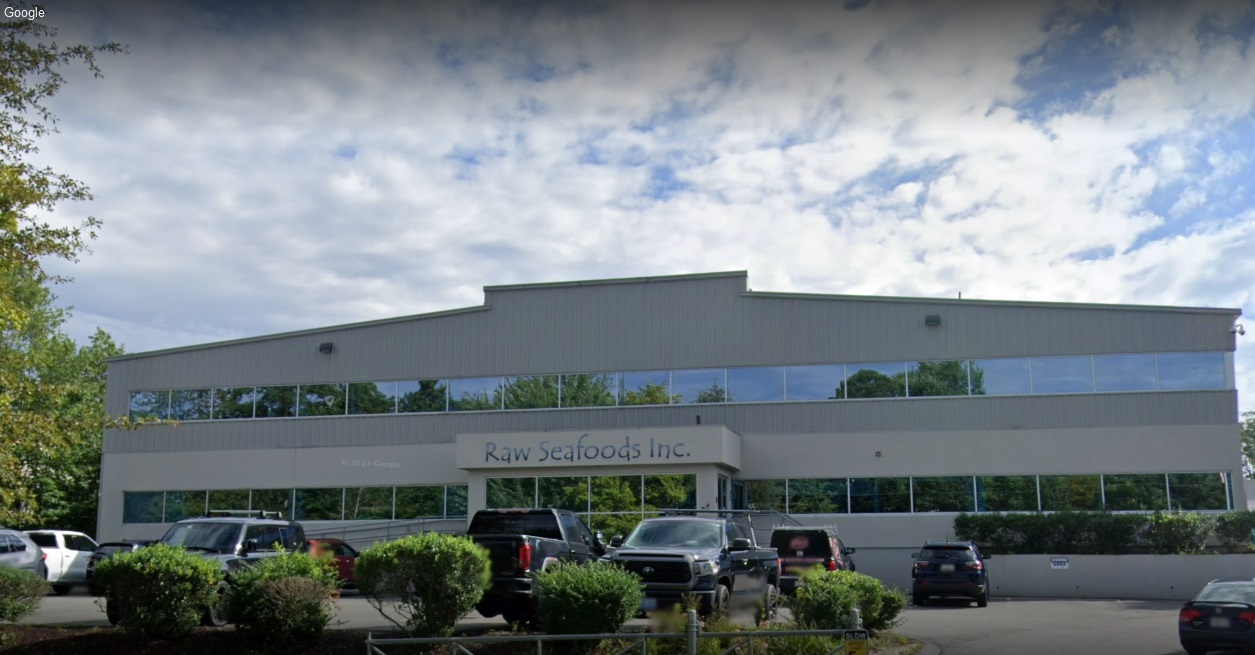Community
Fall River plant accused of employing three 15-year-old immigrant children, working them 9-to-11-hour shifts

Boston, MA – Three immigrant children filed a federal lawsuit Tuesday against Raw Seafoods, Inc. for allegedly forcing teens to work through overnight shifts in its seafood processing plant in Fall River, MA., according to Worker and Immigrant Rights Advocacy Clinic at Yale Law School and Justice at Work.
Raw Seafoods is a leading wholesale seafood supplier in New England and is accused of profiting off children by willfully employing then-fifteen-year-old Plaintiffs who were identified by initials.
The lawsuit, filed in U.S. District Court in Massachusetts, alleges that Raw Seafoods, its owners and management, violated the children’s rights under state and federal labor law, federal civil rights law, and international human rights law by extracted child labor from the Plaintiffs and subjected them to coercion, psychological abuse, hazardous workplace conditions, and a discriminatory work environment.
The Defendants allegedly required the Plaintiffs to work nine-to-eleven-hour shifts in dangerous factory conditions, leaving them only two to three hours of sleep at night, and either interfered with their ability to attend school or prevented them from attending school outright. The Defendants also allegedly exposed the Plaintiffs to toxic materials, prolonged freezing temperatures, and dangerous machinery that threatened severe physical injury. The Defendants also allegedly illegally discriminated against the Plaintiffs based on their ethnicity, assigning them more difficult and dangerous work and subjecting them to racist insults and other verbal abuse.
“I remember being so tired and afraid of saying anything. I was fifteen. I had rashes all over my body all the time because of the work with the cleaning chemicals. In school, I couldn’t write the next day because my hands were freezer-burned from work. They often shook, so I couldn’t hold a pencil. I don’t think it’s okay for anyone to experience that,” recalls Plaintiff S.S.
“Many immigrant workers are afraid, even the adults! That’s why we want to bring to light what happened, because it’s not right, and we want to prevent others, especially children, from facing what we faced.” – Plaintiff Y.O.
“I hope others in similar situations see this and know not to be afraid, to speak with whoever you need to talk to, and not continue suffering because of the injustices that affect you.” said Plaintiff M.R.
The Plaintiffs were reportedly in contact with New Bedford-based workers’ rights center Centro Comunitario de Trabajadores.
“Raw Seafood has a history of not listening to workers’ complaints. In general, human resources in the industry don’t stand up for human rights. Seafood processing is too dangerous and poorly managed for any minors to be working. It’s time for these companies to be made responsible for what happens under their watch. The law is harsh against workers–we are treated with suspicion and criminalized day to day–both at work and on the street. The owners, on the other hand, get away with allowing abuse and harassment and breaking the law,” states Adrian Ventura, Executive Director, CCT.
“State and federal laws prohibiting minors from working in dangerous jobs have been on the books for decades. Despite these laws, seafood processors rely on minors for cheap and replaceable labor. Pescando Justicia, a committee of seafood processing plant workers supported by the CCT and Justice at Work, remains steadfast in their opposition to minors in seafood processing. In 2020, Pescando Justicia invited seafood processors to follow the Code of Conduct, which establishes baseline standards for seafood processors to abide by and includes the prohibition of the employment of minors in seafood processing. Retailers who buy seafood, including large national grocery chains, can be assured that if their seafood supplier has adopted the Code of Conduct, their supply chains are fully compliant,” remarks Pablo Carrasco, Senior Staff Attorney, Justice at Work.
“Raw Seafoods is among countless other companies that exploit the vulnerable community of immigrant children with impunity. This country cannot allow powerful companies to use and abuse children as a business model. We encourage the federal and state governments to act to protect all members of our communities,” states Marí Perales Sánchez, a WIRAC member and third-year law student at Yale Law School.
“M.R., Y.O, and S.S. have shown immense bravery – beyond what should ever be expected or required of their age – in standing up to their abusers at Raw Seafoods. Our team is grateful that they have trusted us to support them as they seek justice against a systemic pattern of abuse that extends well beyond Raw Seafoods.” concludes Zoë Mermelstein, a WIRAC member and second-year law student at Yale Law School.
Plaintiffs are represented by students and faculty from the Worker and Immigrant Rights and Advocacy Clinic at Yale Law School and Justice at Work, a Massachusetts-based workers’ rights legal nonprofit.





